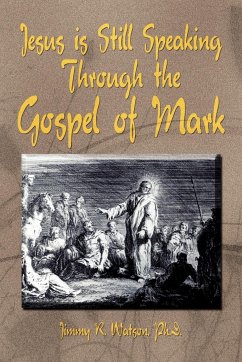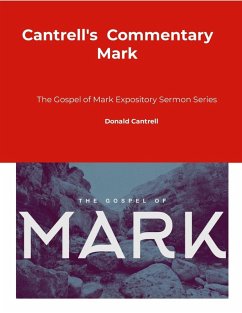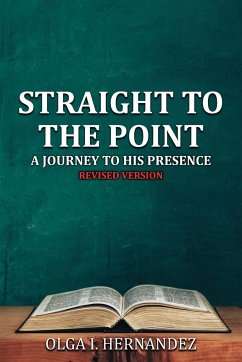
A Commentary on The Gospel According to Mark
Versandkostenfrei!
Versandfertig in 1-2 Wochen
14,99 €
inkl. MwSt.

PAYBACK Punkte
7 °P sammeln!
In the event that we swing to Mark 10:45 we can without much of a stretch decide Mark's question in composing his Gospel. for even the Son of man came not to be served unto, but rather to serve, and to give his life a payment for some. Not at all like Matthew, Mark was not attempting to demonstrate certain announcements and predictions concerning Jesus. His exclusive protest in composing was to educate plainly certain realities regarding Jesus, His deeds more particularly than His words. That Jesus is the Son of God he demonstrates, not by pronouncing how He came to earth but rather by indicat...
In the event that we swing to Mark 10:45 we can without much of a stretch decide Mark's question in composing his Gospel. for even the Son of man came not to be served unto, but rather to serve, and to give his life a payment for some. Not at all like Matthew, Mark was not attempting to demonstrate certain announcements and predictions concerning Jesus. His exclusive protest in composing was to educate plainly certain realities regarding Jesus, His deeds more particularly than His words. That Jesus is the Son of God he demonstrates, not by pronouncing how He came to earth but rather by indicating what He finished amid His concise time on this planet, how His coming changed the world. There is a general understanding that Mark's Gospel was composed for Roman readers. The Roman was not quite the same as the Jew. His virtuoso was his solid judgment skills. His religion must be viable. He would have no enthusiasm for following convictions back into the past. Lawful family histories and achievements of prescience would abandon him frosty. Jewish doctrines were not in his line. He may state, "I don't know anything of your Scriptures, and watch over your impossible to miss ideas; yet I ought to be happy to hear a plain story of the life this man Jesus lived. Reveal to me what He did. Give me a chance to see Him similarly as He seemed to be. Mark varies broadly from Matthew in both character and extension. Mark's Gospel is the most brief of them all. Matthew has twenty-eight chapters, possesses large amounts of illustrations, and depicts Christ as the Son of David with royal kingly dignity and authority (Matthew 28:18). Mark has sixteen chapters, and gives four stories. Mark depicts Christ as the humble but Perfect Servant of Jehovah (God). We discover the blessed messengers (angels) serving unto Him.



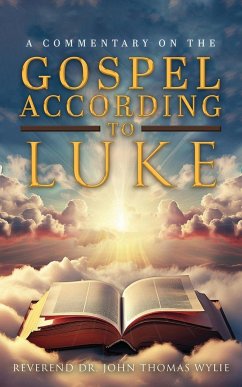


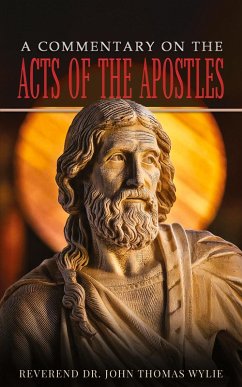
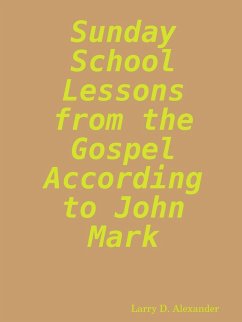
![Commentary on the Gospel of Mark [microform] Cover Commentary on the Gospel of Mark [microform]](https://bilder.buecher.de/produkte/66/66124/66124105n.jpg)

